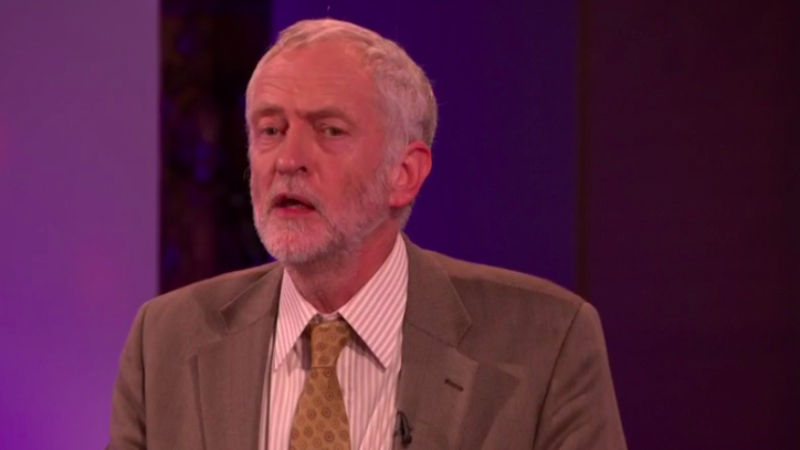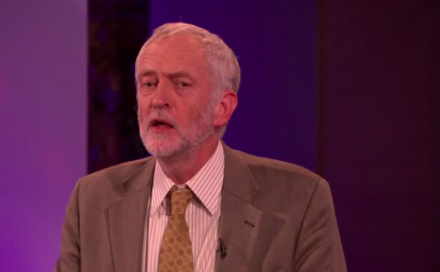

How have they done it? Jeremy Corbyn’s team have perplexed many journalists, politicians and Labour party members with their campaign success – and today their huge victory. The reason they’ve done so well isn’t that difficult to understand: it’s not just about Corbyn, it’s about his alternative to consensus top-down politics.
Undoubtedly the key turning point of the leadership election was 16th June at noon, when Corbyn made it onto the ballot. He got there for two reasons, the same reasons his campaign has just changed the landscape of leftwing politics in the UK in under three months.
The first is his unshakeable political beliefs. Long before he was the most widely Googled leadership candidate, Corbyn’s politics centred around working for a fairer, better world – even if it went against the status quo. From his support for the African National Congress in South Africa to his work for LGBT rights, he proved tireless in championing causes that weren’t yet fashionable. Many of the fellow MPs who nominated him, particularly the ones who don’t agree with his politics, did so because they knew he would widen the debate with this conviction politics.
Corby’s determination to do what he sees as right and challenge entrenched orthodoxies among senior Labour figures (like a belief in the need for austerity) have turned his campaign into a movement. By bringing consensus-challenging politics into the mainstream, Corbyn’s team have engaged a whole segment of society who aren’t used to hearing that they can affect change. He doesn’t say ‘I’, he says ‘we’; at his final rally of the campaign on Thursday his team said time and again that their success was down to their 16,000 volunteers, and supporters. Their messages are clear and understandable. People who are disenfranchised with politics and the Labour party – in particular young people – have taken part in a campaign that tells them they can be part of change. While for frustrated party members who feel powerless, his campaign says what many have been longing Labour politicians to say for decades.
The other defining feature of Corbyn’s success is the style of politics he and those around him espouse. Straightforward, comradely and always inclusive – his fellows MPs don’t have a bad word to say about him as a person, and that helped him make it onto the ballot. This attitude has translated into a positive campaign that didn’t engage in smears or attacks. The ‘macho’ shouting politics of the Commons that we see every Wednesday in PMQs is a turn off for most people, who are tired of politicians attacking each other when the country faces huge problems. Although, as with each of the campaigns, not all Corbyn supporters have abided by this principle, it’s something he and many others are adamant about.
In past years, other ‘left wing’ leadership candidates such as Diane Abbott unfortunately didn’t have the huge tide of success we’ve witnessed this summer. At play here are also issues of race and gender that subconsciously will make Corbyn a more palatable choice for many – a more ‘acceptable’ face of the left. I’d hazard a guess that the Corbyn campaign’s success also comes down to the fact that it was the right time and they worked to put themselves in the right place. The politics Corbyn’s team espouses came when party members and supporters were particularly tired of top-down politics that led the party to concede far too much ground to the Tories. There was an air of despair with the kind of halfway politics that had just delivered a crushing general election blow.
Now is the time for change, challenging what is the norm and building an inclusive politics movement. We face a huge number of challenges ahead of us, but so too did Corbyn when he made it onto the leadership election ballot. It is possible that this movement will lead the Labour party to victory and defy expectations again.




More from LabourList
‘Factionalism at the top is weakening Labour – and handing a gift to Reform’
‘Europe must stand strong on its own as US security guarantees grow conditional’
‘Tackling poverty should be the legacy of Keir Starmer’s government’